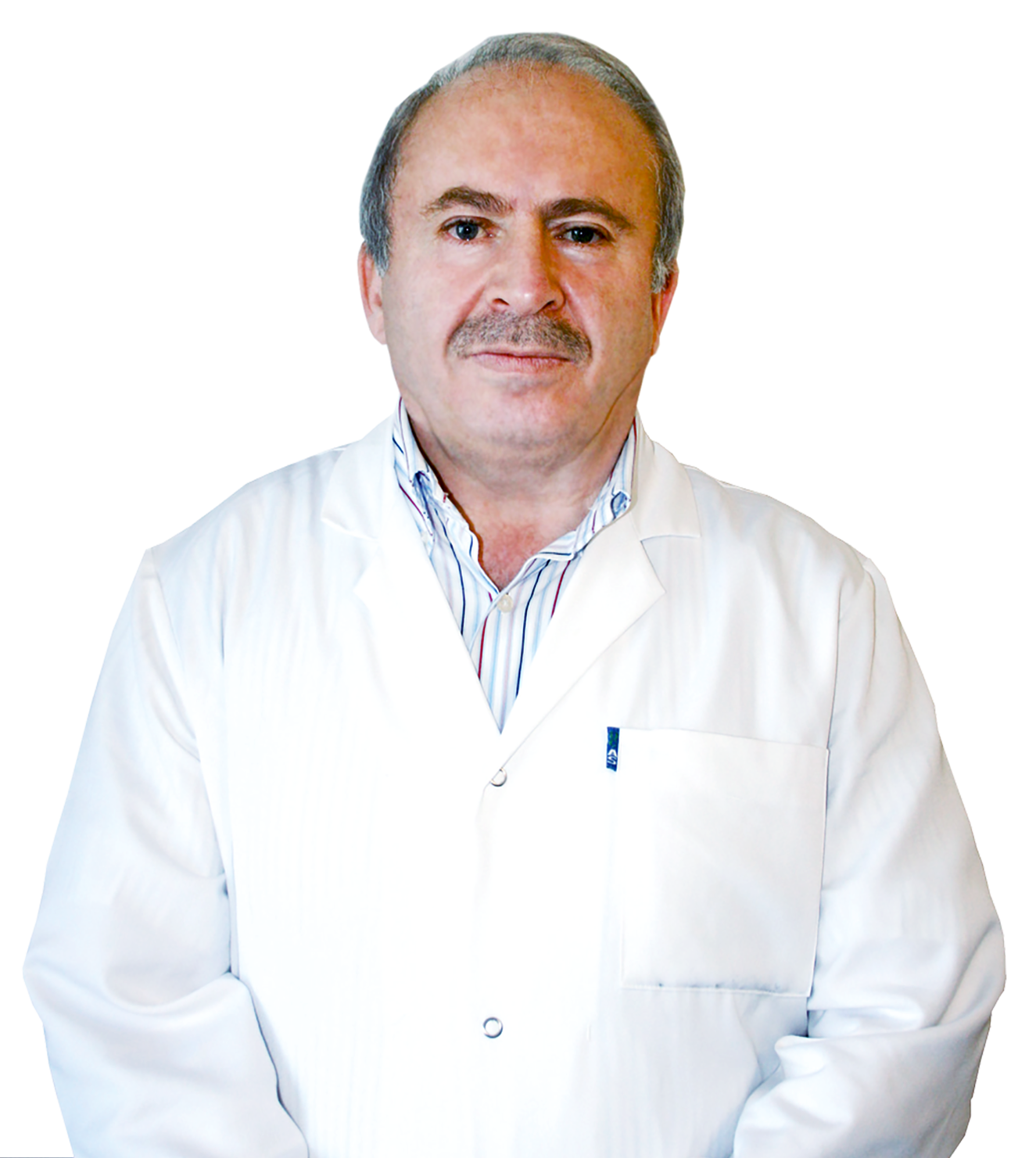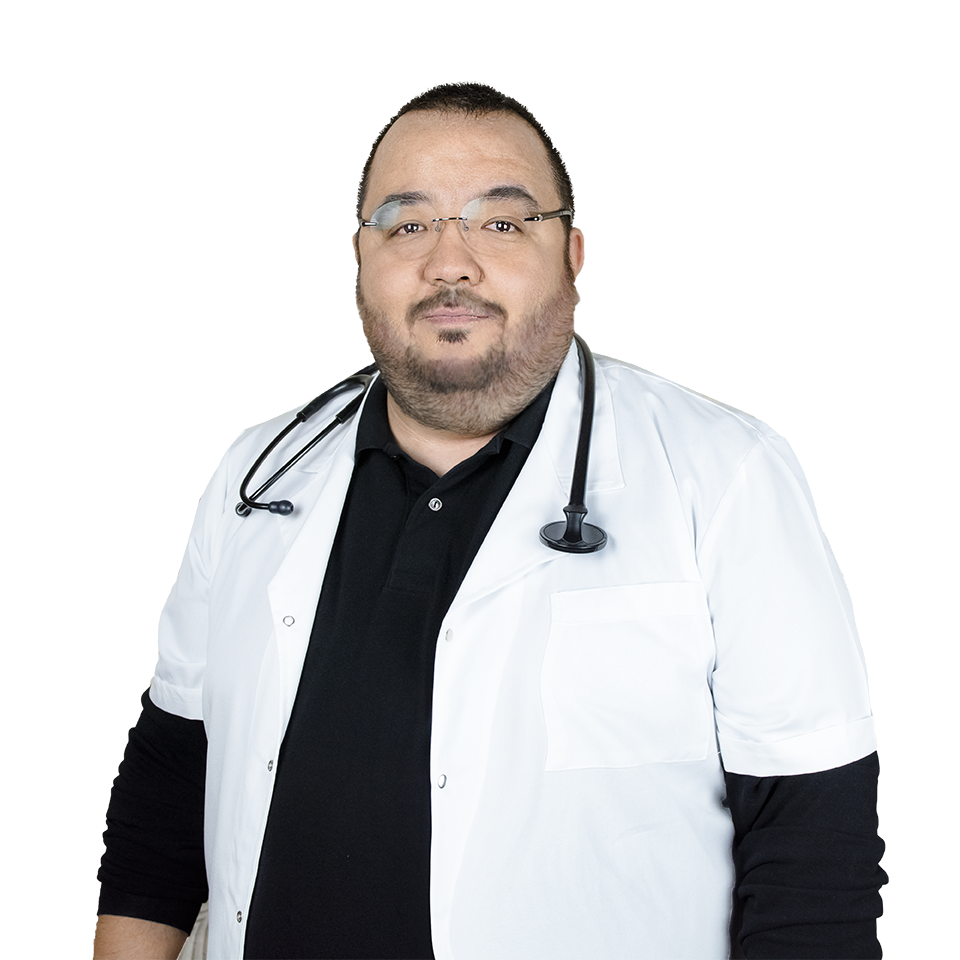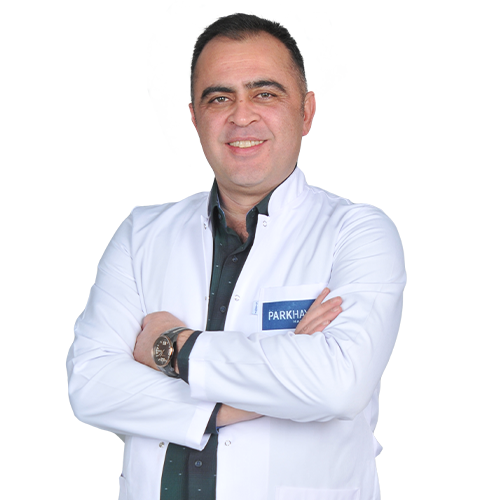INTERNAL DISEASES
_1691062130_1696927551.png)
The Internal Diseases (Internal Medicine) unit, which is the department that diagnoses and treats the problems in the internal organs of patients over 15 years of age, provides preventive information on how to prevent diseases as well as diagnosing diseases at an early stage. It has functions such as raising awareness of the patient against possible diseases, the stages to be experienced in the treatment process of existing diseases and, if necessary, referral to different units. Internal medicine unit, which is one of the busiest departments of hospitals, is a clinic where patients often apply due to disease symptoms. Internal medicine is the first clinic to be applied for the diagnosis of many diseases such as hypertension, lower and upper respiratory diseases, diabetes, thyroid, kidney and intestinal diseases. After the examination and examinations of the patient, if deemed necessary, the patient is referred to the relevant units by the internal medicine specialist.
Which Diseases Does Internal Medicine Treat?
Respiratory Tract Infections: It is divided into two groups as lower and upper respiratory tract diseases. In lower respiratory tract diseases, organs such as lungs, bronchi and bronchioles are mostly affected. In addition to internal medicine specialists, ENT and chest diseases clinics also contribute to the treatment of diseases in this region, which can have more serious consequences than upper respiratory tract diseases.
Diseases of the digestive system such as the liver, stomach and gall bladder: Diseases such as hepatitis, fatty deposits, cirrhosis and cysts in the liver; gastroesophageal reflux, gastritis, ulcers and hernias in the stomach; stone and sand formation, inflammation (cholecystitis) and obstructions in the gallbladder are common diseases that fall within the speciality of internal medicine clinics. In the treatment of these diseases, treatments such as medication, nutrition and lifestyle changes are carried out by internal medicine specialists.
Infectious Diseases: Apart from upper and lower respiratory tract infections, there is a risk of infection in many different areas. Among these, the most complained infections are urinary tract, skin, diarrhoea, hepatitis types, parasitic disease types, brucellosis, influenza and sexually transmitted diseases, joint and bone inflammations. Since these types of diseases are contagious, isolation is of great importance during inpatient treatment. Depending on the type and characteristics of the disease, a joint treatment protocol is carried out only with internal medicine or other related units.
Diabetes: Type 1 and Type 2 diabetic patients are treated in internal medicine clinics. Diabetes occurs when the hormone insulin is not secreted sufficiently or when glucose cannot be utilised by the tissues. With effective treatment methods such as insulin therapy and antidiabetic agents, it is aimed to keep the insulin level at a certain level. In addition to drug treatment, medical diet is of great importance in terms of the course of the disease and improving the quality of life.
Thyroid Diseases: Improper functioning of the thyroid, one of the organs that determine the body's metabolic rate, causes some thyroid diseases to occur. Inadequate or excessive functioning of the thyroid gland, thyroid cancers and some autoimmune diseases adversely affect the hormonal balance of the body. Treatment of thyroid diseases is carried out together with internal medicine and endocrinology clinics.
Kidney Diseases: Kidney problems are one of the most common complaints applied to the internal medicine department. Kidney inflammation, stone and sand formations, cysts, acute and chronic renal failure are conditions that require urgent treatment. Kidney diseases, which can cause permanent organ damage in the body, are treated in the department of internal medicine and, if necessary, by referral to nephrology clinics.
Hypertension The heart delivers the blood it pumps to all organs of the body through the veins. The pressure exerted by the pumped blood on the vessel walls is called blood pressure. In an adult individual, systolic blood pressure is 130 mmHG. Distolic blood pressure should be below 80 mmHG. Blood pressure above these values causes a serious disease called hypertension. Hypertension is a disease that should be taken seriously, and if the necessary treatment and preventive measures are not taken, it can damage many important organs such as vascular damage, kidney failure and brain damage. In internal medicine clinics, medical diet and drug therapy are applied to keep this disease under control.
- Anaemia and Blood Diseases: Diseases such as anaemia (anaemia), which occurs with the deficiency of some important values in the blood, are seen in different forms such as Mediterranean anaemia, blood clotting disorders. The decrease in haemoglobin, iron and haematocrit levels in the blood due to nutrition, inadequate intake of elements such as iron, B12 and folic acid into the body cause the emergence of various blood diseases. Blood diseases, which are controlled and treated with drug therapies, can also be treated by referring to haematology clinics in some cases.
Rheumatic Diseases: Soft tissue rheumatism, fibromyalgia, calcification, various joint pains, inflammatory rheumatism, gout and Behçet's disease, Familial Mediterranean Fever, low back and neck pains are among these types of diseases. The treatment of the disease is a long process and aims to make the patient's life more comfortable. If necessary, the patient is also referred to rheumatology clinics.
Musculoskeletal System Diseases: Complaints such as pain in different parts of the body and calcifications are followed and treated by internal medicine. Osteoporosis that occurs after menopause and in advanced ages is also among the diseases treated by internal medicine clinics.








